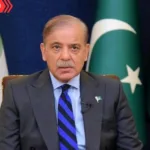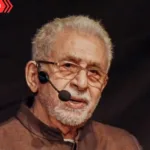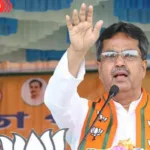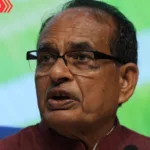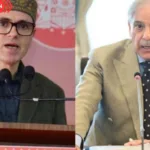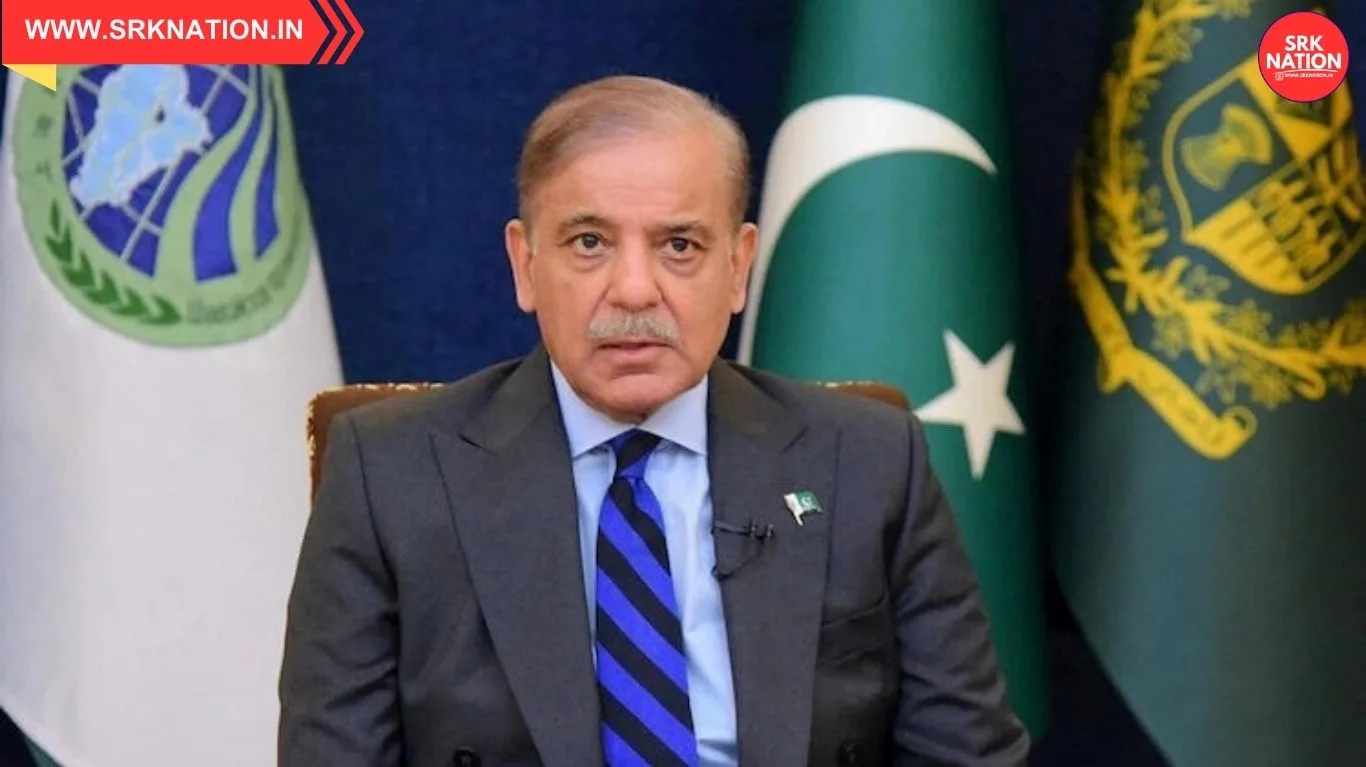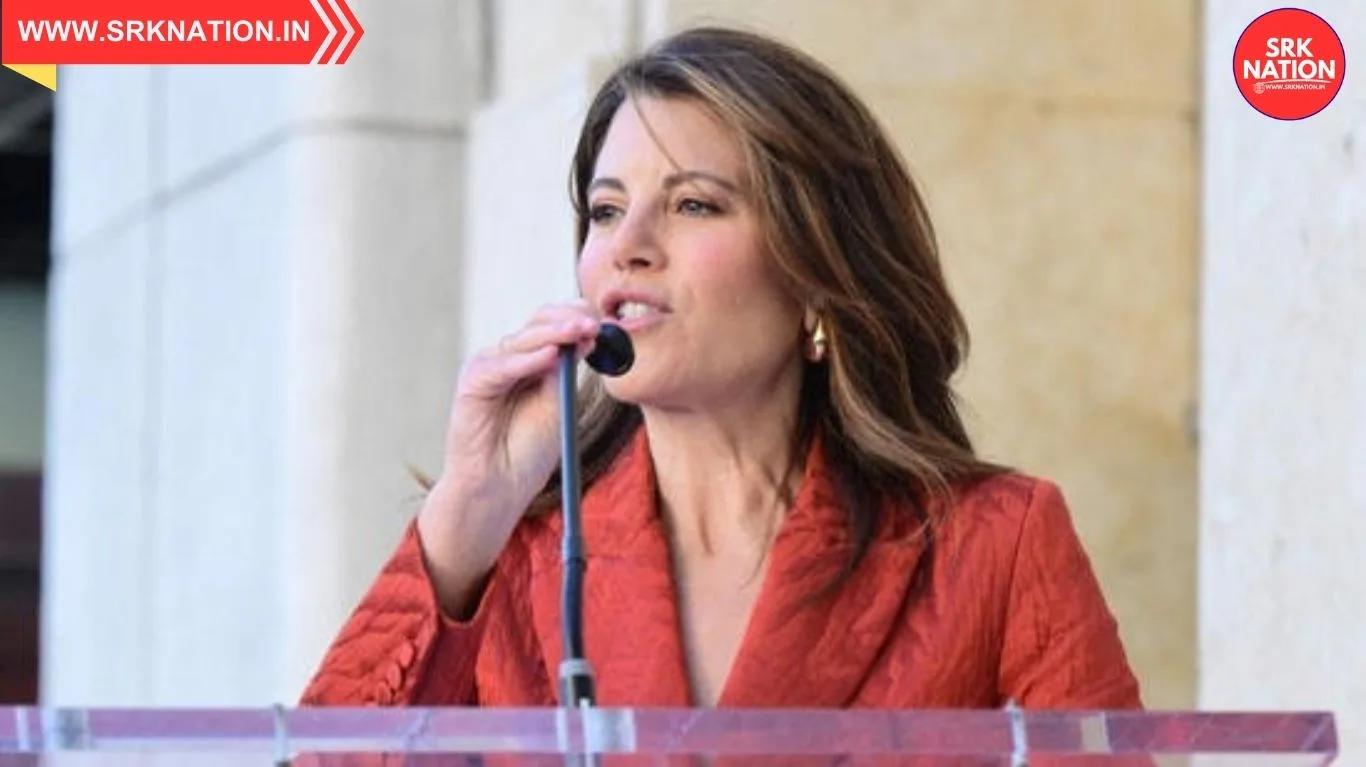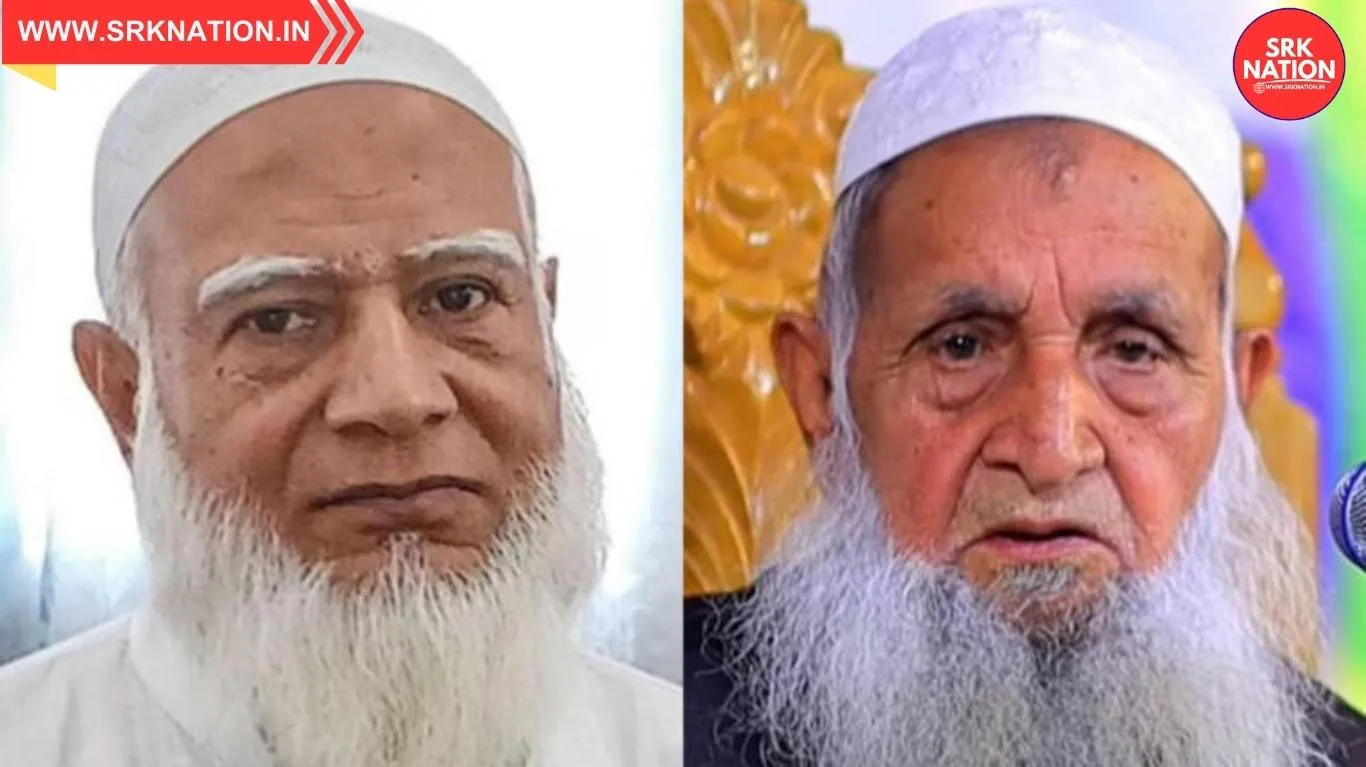India has strongly rejected Turkish President Recep Tayyip Erdogan’s recent call for the Kashmir issue to be addressed in line with a UN resolution. The external affairs ministry lodged a protest with the Turkish envoy in response to what it described as unwarranted and unacceptable remarks.
Erdogan made the comments in Islamabad after his talks with Pakistan Prime Minister Shehbaz Sharif, marking a departure from his previous silence on the Kashmir issue over the past two years. During this period, the matter did not feature in his public comments at international forums like the UN General Assembly and the D8 bloc.
“We reject such objectionable comments on matters which are internal to India. We have lodged a strong protest with the Turkish ambassador in Delhi,” said external affairs ministry spokesperson Randhir Jaiswal.
“Such unwarranted statements on India’s territorial integrity and sovereignty are unacceptable. Jammu and Kashmir is an integral part of India. No other country has any locus standi to comment on it,” he added.
Erdogan’s remarks, made during a media interaction with Sharif on February 13, suggested that the Kashmir issue should be resolved through dialogue between India and Pakistan, according to the UN resolution. He expressed solidarity with the people of Kashmir.
India’s response highlighted Erdogan’s focus on India’s internal matters rather than addressing Pakistan’s support for cross-border terrorism directed against India. Since the revocation of Jammu and Kashmir’s special status in 2019, India has maintained that the Kashmir issue has been settled and Pakistan has no role to play.
“Instead of commenting on internal affairs of another country, it would have been appropriate if Pakistan’s policy of using cross-border terrorism against India, which remains the biggest threat for the people of Jammu and Kashmir, had been called out,” Jaiswal stated.
In response to a separate question regarding Pakistan’s parliament passing a resolution urging India to conduct a plebiscite in Kashmir, Jaiswal reiterated, “Jammu and Kashmir is an integral part of India, it always has been, and it will remain so. There should be no doubt or confusion about this.”
India’s opposition to Pakistan’s use of cross-border terrorism was also evident in Jaiswal’s response to calls by Bangladesh’s interim government to revive the South Asian Association for Regional Cooperation (Saarc). Jaiswal noted that efforts by Bangladesh to revive Saarc would “normalize terrorism.”
Saarc has been inactive since India pulled out of the summit scheduled in Islamabad in 2016 following an attack on an army camp in Kashmir by Pakistan-based terrorists. Bangladesh has been pushing for the revival of Saarc, and Jaiswal acknowledged that this matter was discussed in a recent meeting between external affairs minister S Jaishankar and his Bangladeshi counterpart Touhid Hossain in Muscat.
“Everyone in South Asia is aware of which country and what activities are responsible for stymieing Saarc. [Jaishankar] conveyed that it is important that Bangladesh should not normalize terrorism,” Jaiswal said.
Jaiswal also noted that certain remarks made by de facto ministers in Bangladesh’s interim government were “not helpful” and urged them to reflect on the implications for their domain.

See insights and ads
पोस्ट को प्रमोट करें · Promote post
Like
Comment
Share

